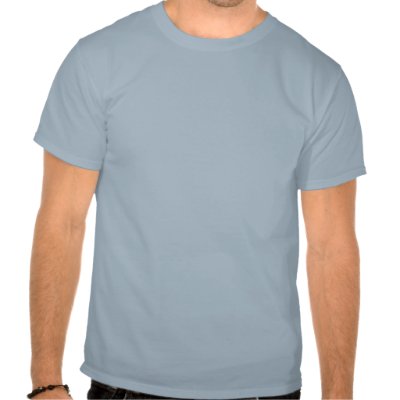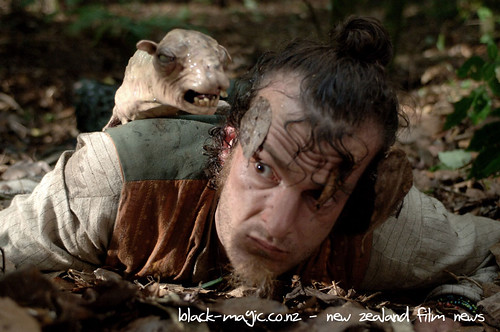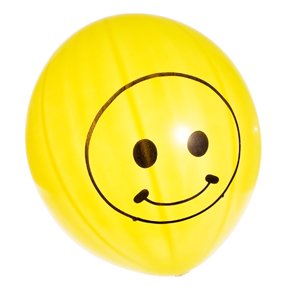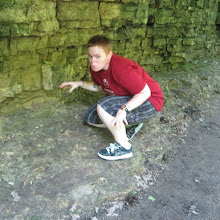 |
| Gay, straight, whatever. Pls lern to spel. |
My goal at summer's outset was to read everything by my current professors that I could get my hands on, everything by Martin Amis that I had recently purchased, and everything by Philip K Dick that I had also just purchased. Lofty, lofty goals. Here is what I actually ended up reading (in the order in which I read them):
1.
A Boy in Winter - Maxine Chernoff. This story explores the aftermath of a child's fatal mistake from the point of view of first his mother and then himself. It's interesting terrain, but I must say I felt the ending was too "oh no this thing needs a plot?!? crap." Because, really, it didn't need that extra plottiness at the end; I was digging it as just a kind of portrait.
2.
Battle Royale - Koushun Takami. Ohhhh yeah muthafuckin society all defunct to shit with government sponsored kiddie battles to the death, yo. This was really way more interesting to read to discover the parallels and disparities between it and its movie counterpart than for any other reason. Which I seem to recall having
reviewed many months ago.
3.
House of Leaves - Mark Danielewski. This is definitely one o' them love 'em or hate 'em books. My money is on love, but I do have to admit that I skipped sizable chunks of what I considered to be the secondary narrative and concentrated on only reading the "essay" of the house and its explorers. It was pretty creepy.
4.
I Drink for a Reason - David Cross. Sometimes when I am on break at work I just try to read books that don't make me think too hard about anything. This is one of those.
5.
The Girl with the Dragon Tattoo - Steig Larrson. I finally caved to the hype over a six hour plane ride and subsequent vacation cruise. There is not a lot to do on a cruise ship besides eat, drink, gamble, sunbathe and read. This first installment lives up to the hype - I especially like its "closed room" mystery feel, and the characters are definitely original and finely tuned. Too bad this is the only book in which the main characters, Lisbeth and Mikael, truly interact face to face.
 |
| Weresheep! |
6.
Do Androids Dream of Electric Sheep? - Philip K Dick. This book has, hands down, the most hilarious opening scene I've ever read. The entire book is actually quite funny (and brief), completely different from the movie, which was turned into some sci-fi crime romp entirely devoid of humor. And sheep, incidentally.
7.
Breakfast at Tiffany's - Truman Capote. I'd seen the fantastic
Infamous, which spurred me to read
In Cold Blood, but never had I read any of Capote's straight fiction. This was a fascinating piece of literature, and I was surprised (though perhaps I shouldn't have been) at how little has changed over the years in regards to language and what is considered taboo. Sex and sex work, real or imagined, is kind of still regarded in the same "wow that's kind of erotic...maybe we shouldn't talk about it" kind of way. (Interesting side note, depending on what you find interesting: a had a customer sell some books the other day whose last name was Golightly. I asked if that was her given name, and she said, "Yes. At least my parents didn't name me Holly." I forget what her first name was.)
8.
The Girl who Played with Fire - Steig Larsson. I ran out of things to read on my way back form vacation, so I bought this second installment in the airport, even though I had a perfectly good copy waiting for me back home. It got me through the flight, but it was not nearly as captivating as the first, especially with all the convenient "twists" in Salander's past. Whatevs, SAPO, who gives a shit...I wanna see Mikael and Lisbeth hug it out, dammit!
9.
Soon I Will Be Invincible - Austin Grossman. Man, this guy killed a promising premise by faltering into the first-time novelist trap of summarizing instead of giving us scenes. I don't actually know if this was his first novel, but it sure felt amateurish. Seriously, I can pick out like maybe seven actual, full scenes that went on for at least five pages. SEVEN. It was all exposition, exposition, cardboard characters, exposition, explosions, the end. Disappointing.
10.
The Girl who Kicked the Hornet's Nest - Steig Larsson. Speaking of disappointing. This final installment takes this series into full-on conspiracy thriller mode and leaves me wondering why I wasted the time slogging through the six-hundred page tome in the first place. Granted, I did skip many sections, scanning the pages for mention of Lisbeth Salander. She's the real draw. NO ONE CARES ABOUT SAPO. It's like the editors were too afraid to dissect Larsson's manuscript after he passed, and the story suffers immensely for it.
11.
Silent Bob Speaks - Kevin Smith. Haha, Kevin Smith thought
Jersey Girl was the best thing he'd ever done.
 |
| "My mom says yum." |
12.
I Love You, Beth Cooper - Larry Doyle. This is the second best book I read this summer, and probably one of the funniest books I've ever read. It is an excellent example of how deeply a unique narrative voice can effect a story; I mean, it was all about that voice. Which, unfortunately, could not be translated to the screen, as the film adaptation clearly demonstrates. But Hayden Panettiere. Yum.
13.
Geek Love - Katherine Dunn. This was the best book I read this summer, maybe even of all time, I have not decided yet. It is just one of those stories that claws its way into your stomach and nests there, seeping its juices into the rest of your bodily functions on the daily. It's just so incredible. I had the same reaction to this as I did when I first read
The Poisonwood Bible a few years ago: "Holy shit, how have I not read this before now?" Life is not the same after you read this. Trust me.
Well, there it is. Only thirteen books the entire summer seems small for me, but let's not forget this list does not include graphic novels or books I started but could not get through out of supreme lack of interest (cough
Children of Men cough).
Yay!
Books!












